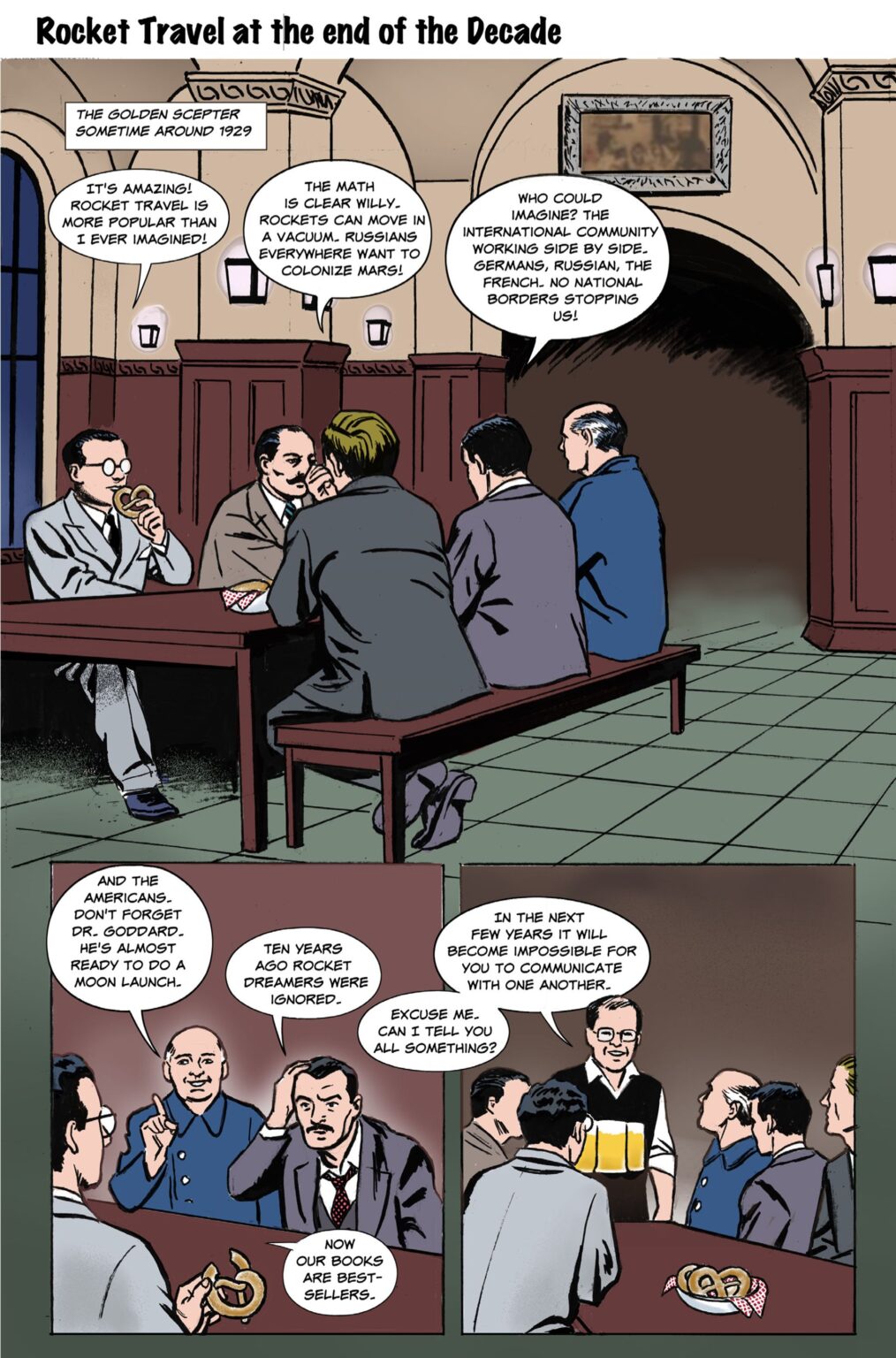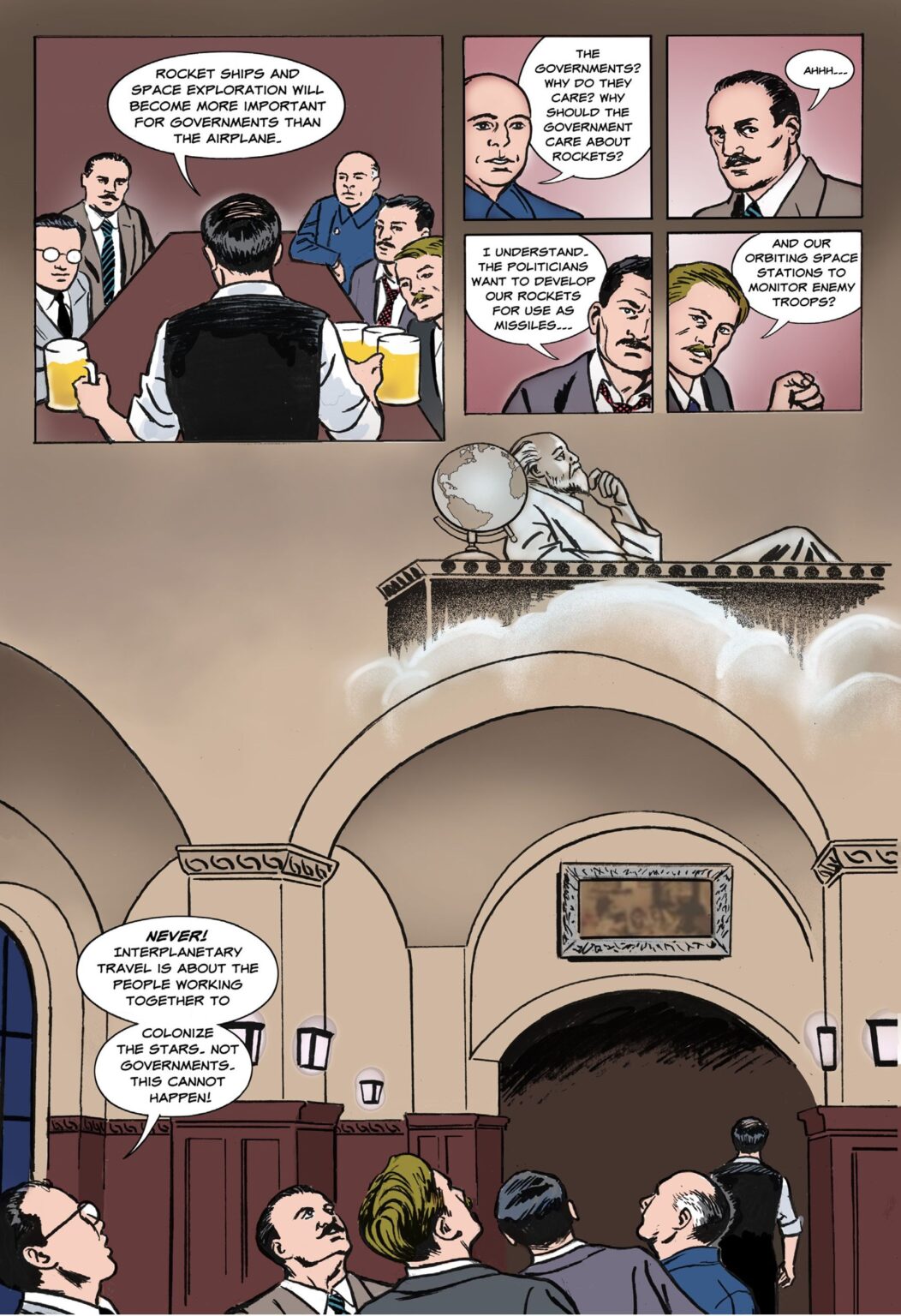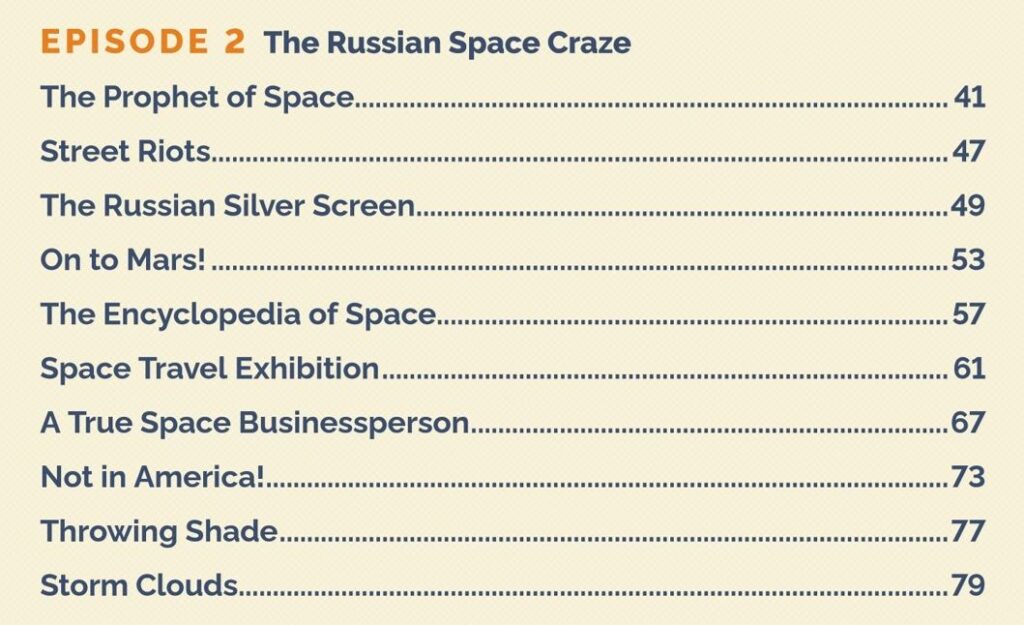Episode 2
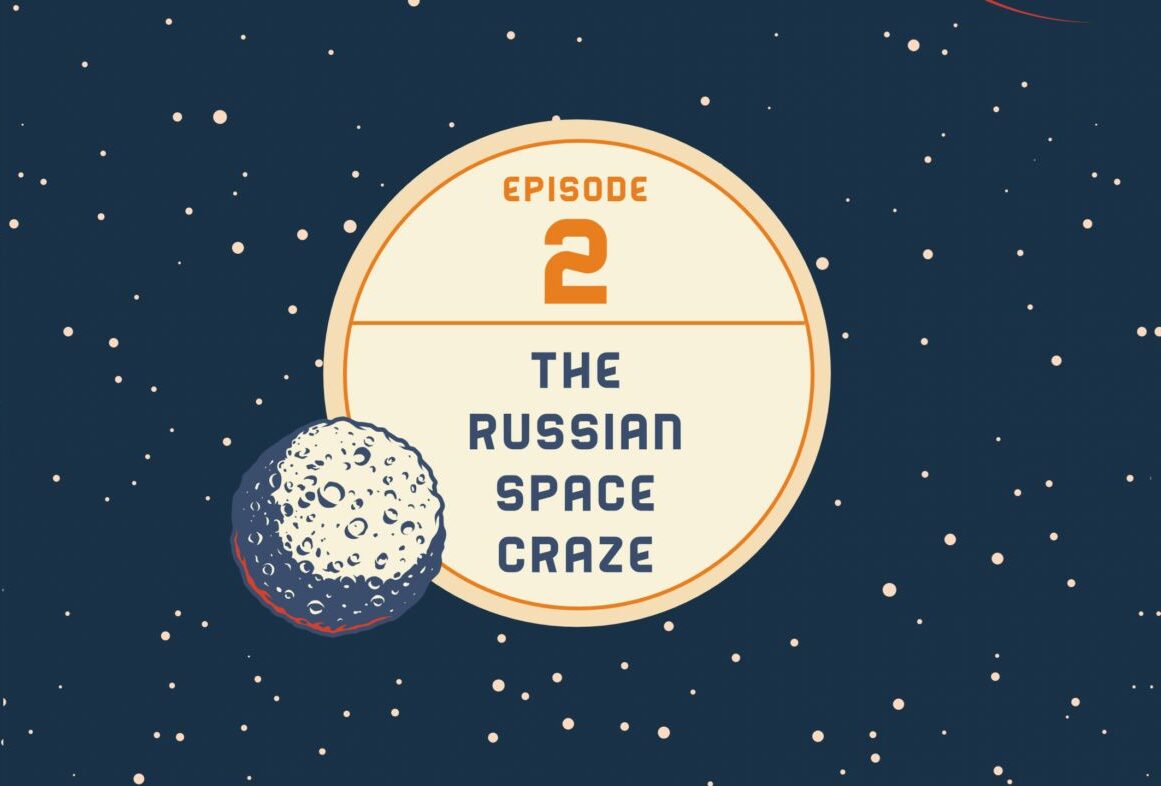
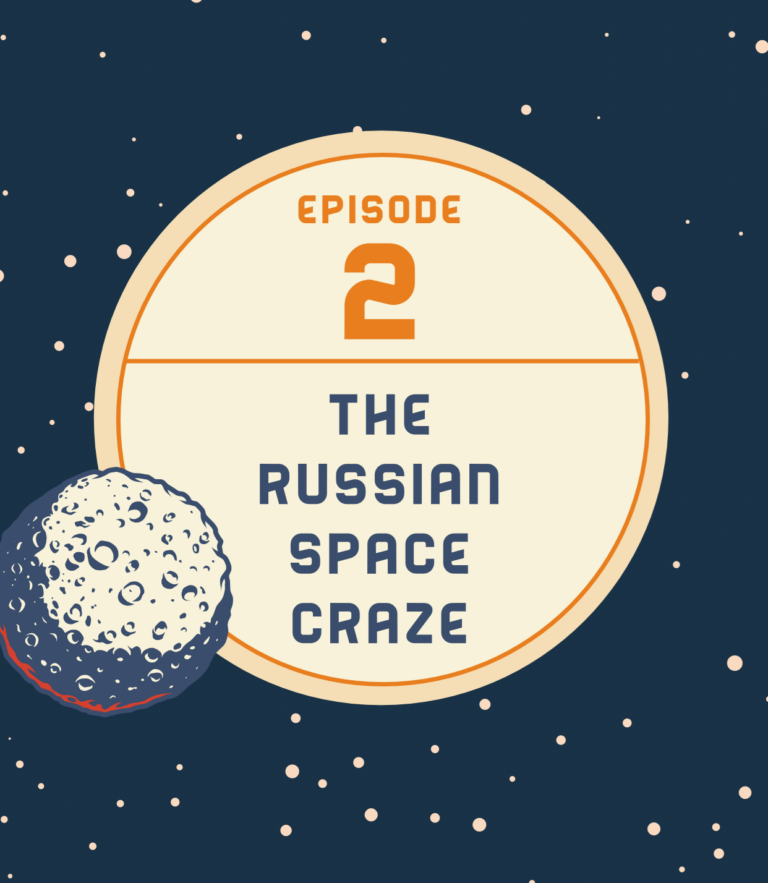
Contents
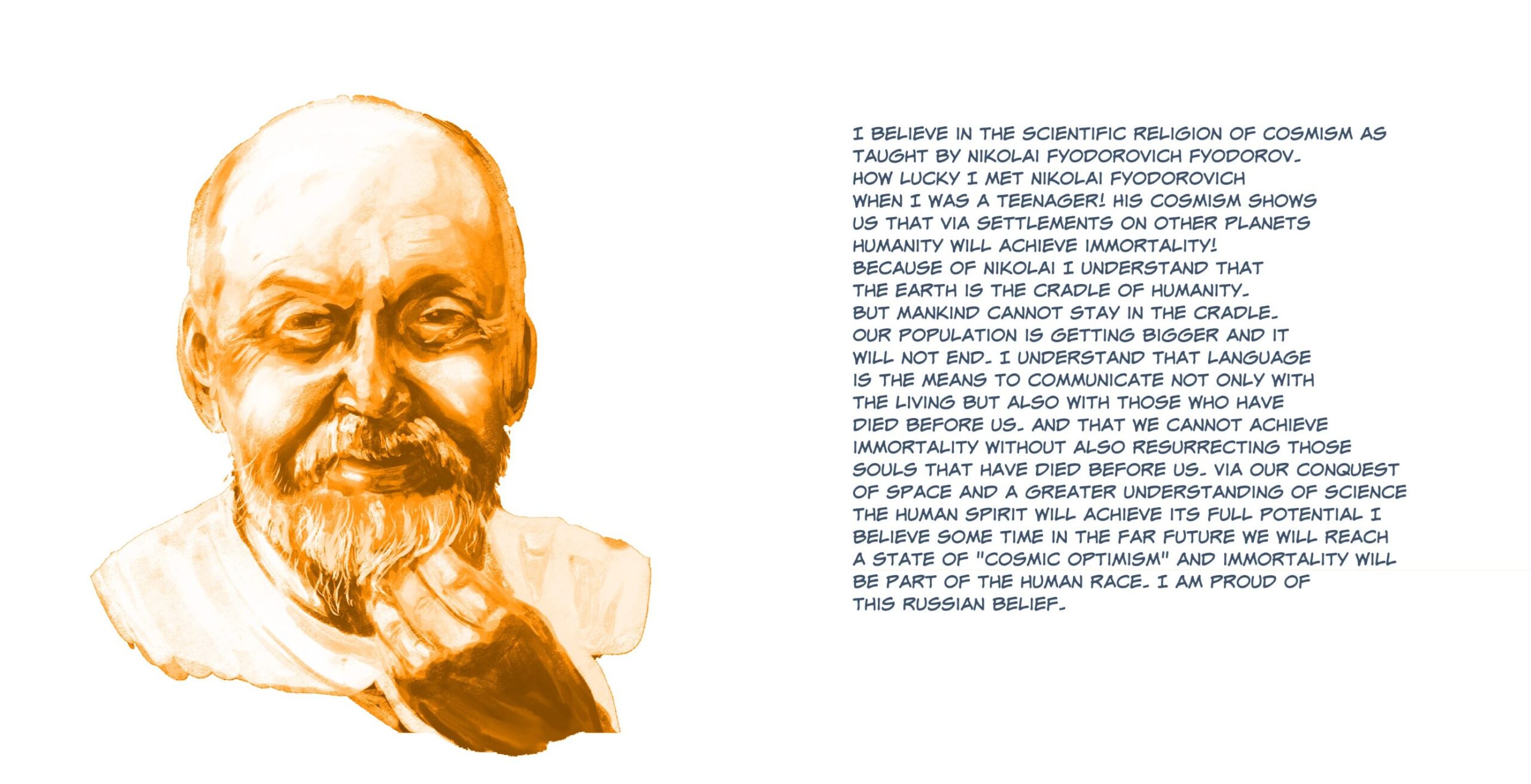
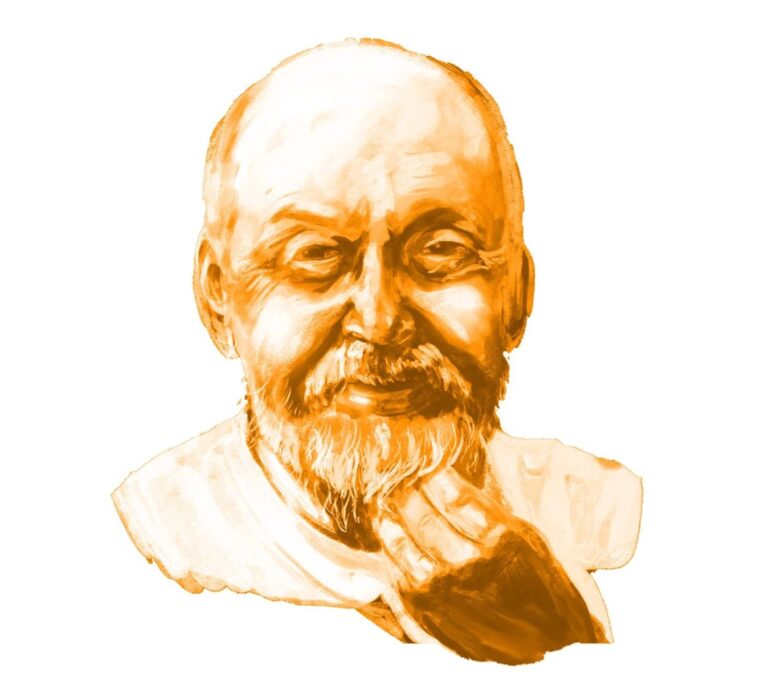
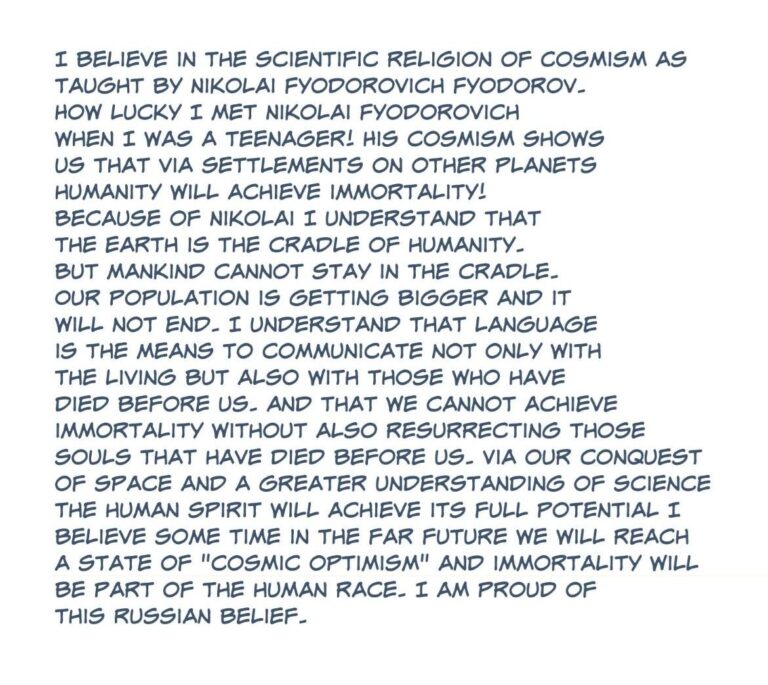
We started our history of space travel in Germany because there is a direct line between the early German space community and The First Rocket. But in one of those strange quirks of history, Russia was experiencing the same fever-pitched excitement for space travel as Germany. And both countries had many of the same ingredients that contributed to the advancement of humankind’s most spectacular dreams of travel.
If Jules Verne was the popular instigator of rocket travel, there was one man who over time was realized to be the spiritual founder of space travel.
We met him earlier, and he is, of course, Konstantin Tsiolkovsky. Though there are many pioneers of our exploration of the space frontier, including those who designed the first rockets and space stations, dreamed of lunar colonies, developed sophisticated plans to make money or move humanity into the frontier, it all comes back to Konstantin’s extraordinary probing of rocket travel at the start of the 20th century, two decades before the Russian and German renaissance in space efforts.
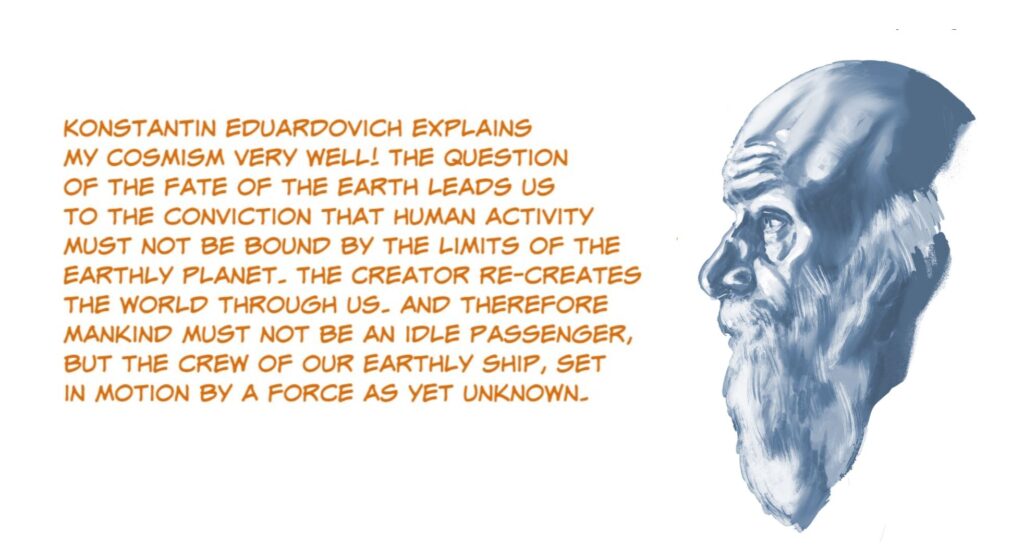
What drove Konstantin Tsiolkovsky to dream of space and spend hours after his school job creating the mathematical models that proved rockets could travel through the vacuum of space? It might help to understand that Tsiolkovsky took his inspiration from a mysterious Russian philosopher who believed that in the frontier of space humans would find a utopia. This belief is called cosmism.
Nikolai Fyodorov’s belief that the immortality of the human race would be realized in outer space has influenced many, including the famous Fyodor Dostoevsky (he wrote some of the greatest Russian novels, including in 1880, Crime and Punishment) and several generations of modern painters and philosophers. The Russian excitement toward space was in part based on Fyodorov’s philosophical utopian underpinning. His cosmism is like a secret religion that still, even today, is respected by Russian space engineers.
But cosmism is alive today not only among the Russian space community but in current philosophies that blend spirituality with technology. An example might be transhumanism, which seeks to blur together technology and the human body, to create post-humans with greater happiness and longevity. One of the first adherents was a philosopher who changed his name to FM-2030.
Cosmism’s continued influence is even more unusual given that Fyodorov did not believe one should write articles or books, and he apparently wrote none.
Before we leave cosmism there is something curious to mention about Nikolai Fyodorov. This founder of the most influential philosophy based on space colonization was born out of wedlock in 1828 or 1829 to a Russian prince named Pavel Ivanovich Gagarin.
Let’s jump more than a hundred years into the future. April of 1961, to be exact. Sergei Korolev, the head of the secretive Russian space program, has a choice: who should he anoint to be the first human to travel into outer space? There are two outstanding candidates: Gherman Titov or Yuri Gagarin.
Who does the superstitious Korolev pick? The man named Gagarin. The man whose family name is the same as the spiritual philosopher of the Russian journey into space. Coincidence?
Selected Images From Episode 2
